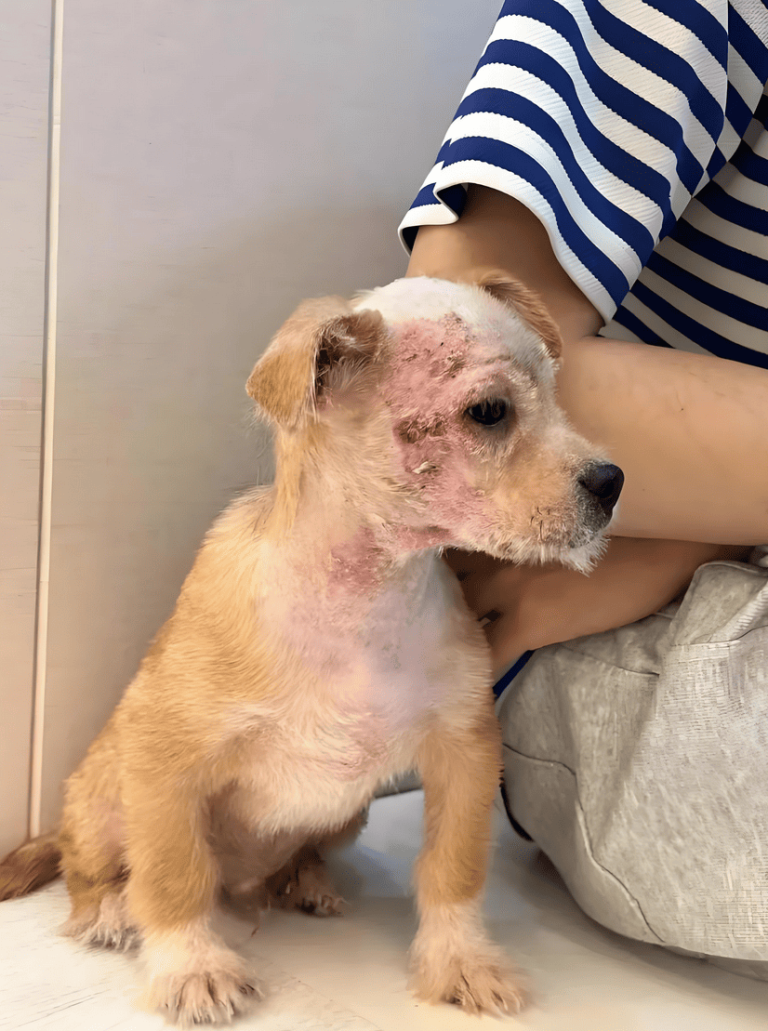Can Cats Catch Parvo from Dogs? Understanding the Risks and Prevention
Table of Contents
- Introduction
- What is Parvo?
- Differences Between Canine and Feline Parvo
- Can Cats Catch Parvo from Dogs?
- Symptoms of Parvo in Cats
- Diagnosing Parvo in Cats
- Treating Parvo in Cats
- Preventing Parvo in Cats
- Frequently Asked Questions
- Conclusion
Introduction
Many pet owners with both cats and dogs often wonder, “Can cats catch parvo from dogs?” Understanding this issue clearly is crucial for safeguarding your pets’ health. In this article, we’ll explore the differences between feline and canine parvovirus, discuss cross-infection possibilities, symptoms, diagnosis, and effective preventive measures.
What is Parvo?
Parvo, short for parvovirus, is a highly contagious viral disease that primarily affects dogs and cats, causing severe gastrointestinal distress and sometimes death if untreated. There are two major types of parvovirus: canine parvovirus (CPV) and feline panleukopenia virus (FPV), often called feline parvo.
Differences Between Canine and Feline Parvo
While both canine and feline parvoviruses belong to the same viral family, they differ in several ways:
- Target Species: CPV primarily infects dogs, while FPV mainly infects cats.
- Symptoms: Both viruses cause gastrointestinal symptoms, but FPV also significantly impacts cats’ white blood cell counts, leading to severe immunosuppression.
- Transmission: Both spread via contaminated feces, surfaces, or direct contact but typically infect their primary host species.
Can Cats Catch Parvo from Dogs?
The question, “Can cats catch parvo from dogs?” often arises among pet owners. While cross-species transmission isn’t common, it can occasionally occur. CPV can sometimes infect cats, although it’s rare and usually mild. Conversely, dogs are not typically susceptible to FPV.
Symptoms of Parvo in Cats
If a cat contracts parvo (FPV), signs can be severe, including:
- Extreme lethargy and weakness
- Severe vomiting and diarrhea
- Loss of appetite and rapid weight loss
- Fever or sudden drop in body temperature
- Dehydration and anemia
Diagnosing Parvo in Cats
Veterinarians diagnose feline parvo using various methods:
- Physical Examination: Observing clinical symptoms like severe dehydration or gastrointestinal distress.
- Blood Tests: Identifying low white blood cell counts typical of FPV infection.
- Fecal Tests: ELISA tests to detect viral antigens in stool samples.
Treating Parvo in Cats
Early and aggressive treatment significantly increases survival chances. Treatment generally involves:
- Intravenous fluids to combat dehydration and electrolyte imbalance.
- Antibiotics to prevent secondary bacterial infections.
- Antiemetic medications to control vomiting and nausea.
- Nutritional support to maintain strength and promote recovery.
Preventing Parvo in Cats
Prevention remains the best approach to protect cats from parvovirus:
- Regular vaccinations following veterinarian guidelines.
- Strict hygiene and sanitation, especially if you own both cats and dogs.
- Quarantining new pets until fully vaccinated.
- Immediate veterinary attention if symptoms appear.
Frequently Asked Questions
Can vaccinated cats still get parvo?
Vaccination is highly effective, but in rare cases, vaccinated cats can still become infected, typically with milder symptoms.
How long does the parvo virus live in the environment?
Parvo viruses can survive indoors for months or even years without proper disinfection.
Can adult cats catch parvo?
Yes, but kittens or cats with compromised immune systems are more susceptible and suffer more severe symptoms.
Conclusion
In summary, while cats can catch parvo from dogs, this is relatively rare. The feline form of parvo (FPV) poses a greater threat to cats, particularly unvaccinated kittens or immunocompromised cats. Adhering to regular vaccinations, proper hygiene, and prompt veterinary care remains critical to protect your pets from this potentially deadly virus.




